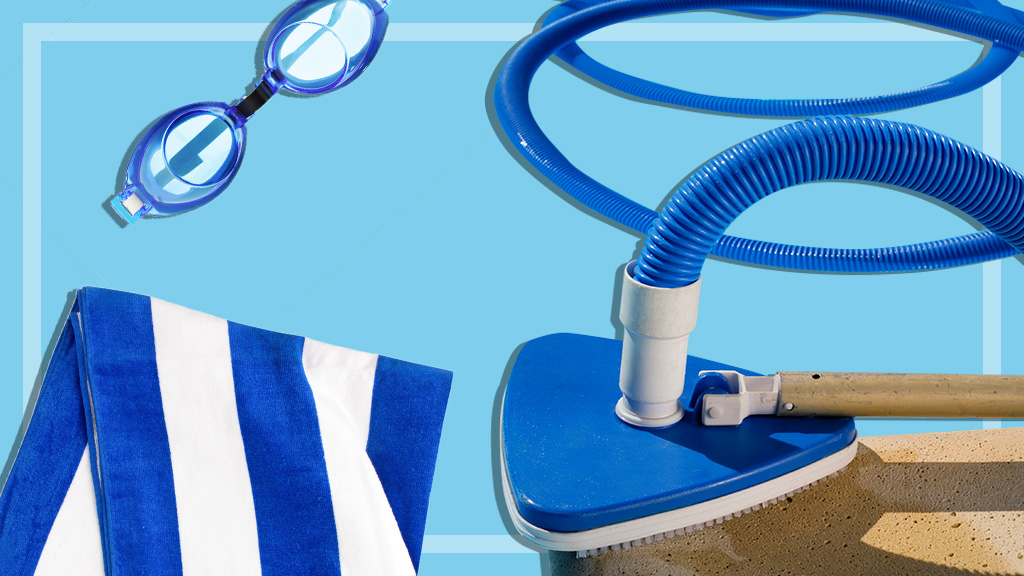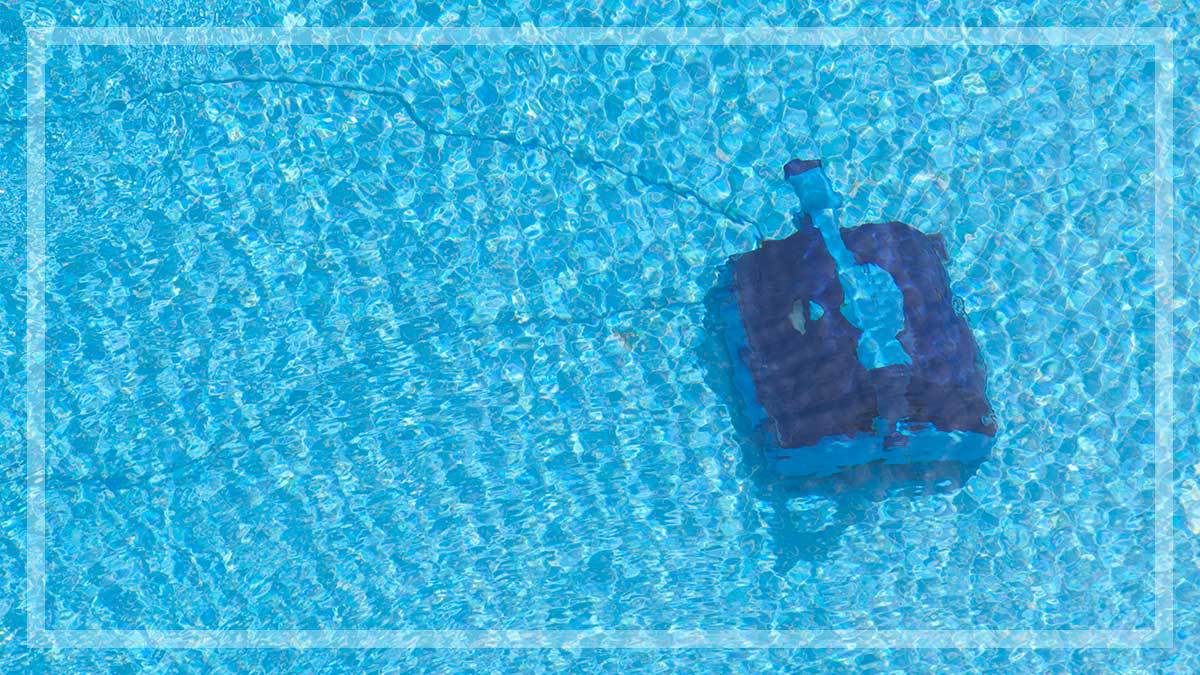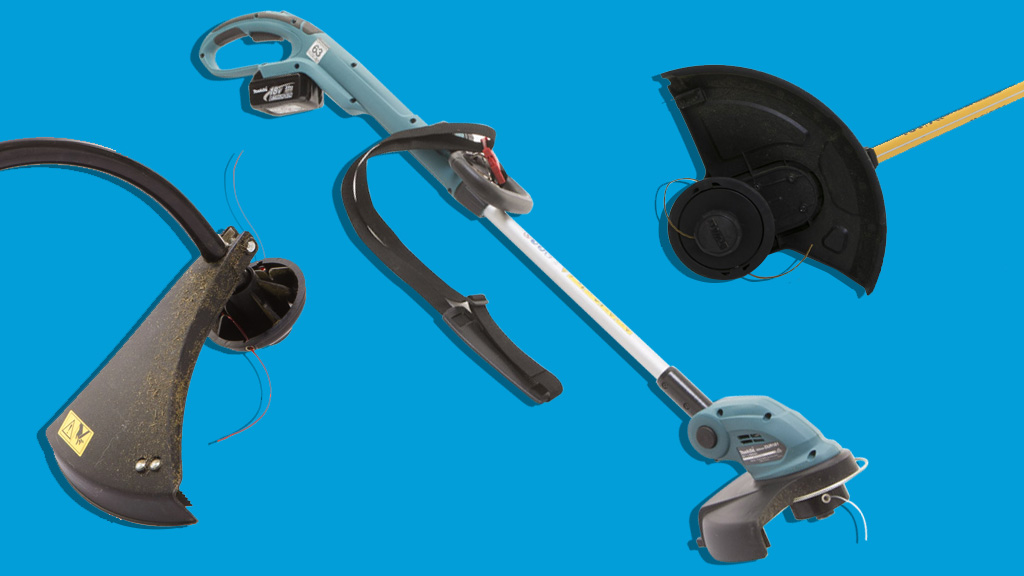Get our independent lab tests, expert reviews and honest advice.
How to buy the best pool cleaner

The pool is filthy. Are you going to spend the next hour laboriously cleaning the slime, grime and leaves? Or will you hightail it to the nearest pool shop for a pool cleaner? I think we all know the answer to that.
On this page:
- What is a pool cleaner used for?
- What are the types of pool cleaner?
- Pool cleaner features
- How much will a pool cleaner cost?
- How much does it cost to hire someone to clean your pool?
Pool cleaners sit in the sun and chlorine for most of their working life (which sounds like a nice holiday) and can clock up more than 1000km a year. Buying the right pool cleaner will allow you to enjoy a clean pool all summer long.
What is a pool cleaner used for?
Pool cleaners take the stress and hassle out of maintaining your pool during the summer season. However, despite what the name suggests a pool cleaner should be considered a maintenance tool, rather than a cleaning tool.
If you’ve abandoned your pool during the cooler months or haven’t run the pool for a while and it’s filthy, you’ll find a pool cleaner won’t do a good job of cleaning it. It’ll require a good manual clean to get it back to pristine condition before you can relax and let the pool cleaner take care of maintenance throughout the swimming season.
What are the types of pool cleaner?
There are three types of pool cleaners out in the market: suction, robotic and pressure.
Suction cleaners
Suction cleaners attach with a hose to your skimmer box and use the suction created by your filtration system to move around the pool and suck up grime. Most pool cleaners you’ll come across are suction models.
There are two kinds of suction cleaners.
- Inertia-driven suction cleaners clean in a random pattern and are generally the creepy-crawly-looking cleaners. They work well in pools with curved walls and no sharp corners.
- Geared suction cleaners have wheels or tracks and move in a predetermined pattern. They can easily get into tight corners which makes them suitable for smaller pools with lots of steps and sharp ledges. Geared cleaners have more moving parts than the random pattern models, so they will probably need more maintenance.
Pros
- Cheaper than other types of pool cleaners.
- Easy to install.
Cons
- If you leave them permanently in the pool, they fill up the skimmer box, meaning extra effort for the pump (and potentially causing damage to it).
- When they’re attached, the skimmer box doesn’t take in anything from the surface of the pool, which means everything goes to the bottom, making more work for the suction cleaner. You’ll need a pool net to scoop up anything left at the top of the pool.
- You’ll need to empty the skimmer box from time to time as it’ll continue to fill up with debris each time the pool cleaner runs.
Robotic cleaners
Robotic pool cleaners work independently from the filter and pump – they have an electric motor inside the unit. Unlike suction cleaners that collect the dirt and debris in the skimmer box, robotic cleaners have their own inbuilt dirt receptacle that you’ll need to empty.
There are two types of robotic cleaners.
- Corded robotic cleaners run on electricity so you’ll need a power point close to the pool.
- Cordless robotic cleaners are the latest technology in pool cleaning. They are easy to use with no cords or connections to worry about – they don’t even need to connect to WiFi, they’re completely autonomous. You simply press a button and drop the cleaner into the pool. They come with a retrieval hook that connects to your pool scope pole, so that once they’ve finished the cleaning cycle you can lift them out. They also come with a charging dock and need to be charged after each use. The models we tested had running times ranging from 1.5 to 2.5 hours with recharging times ranging from 2.5 to 5 hours.
Pros
- Good for larger pools.
- They tend to experience less stoppages and blockages.
- Have built-in intelligence that ensures they don’t get stuck in corners or on steps.
- Provide a more thorough and complete clean than suction cleaners.
Cons
- Don’t tend to filter while cleaning.
- Expensive – you can expect to pay over $1000.
- Can be heavier than suction types.
- Can be inconvenient – you need to place them into the pool for a cleaning session and then remove them.
Pressure cleaners
Pressure cleaners are more powerful than suction cleaners. Most models operate with an additional booster pump which needs a separate hose connection in the pool wall.
These can be expensive to retrofit, so look at other models if your pool doesn’t already have one. Pressure cleaners that connect directly into your existing pool pump may put strain on the filtration system.
We haven’t tested this type of cleaner.
Pros
- Can reach into tight corners.
- Collect everything from fine sand to rocks and leaves.
- Can be faster than suction cleaners.
Cons
- More expensive than suction cleaners.
- Probably need more maintenance.
Pool cleaner features
Adjustable
Your pool cleaner should be able to cope with different pool shapes and sizes by adjusting hose buoyancy and main flow. Some have a deflector so the cleaner is less likely to get stuck in one place.
Hose length
Make sure the hose reaches from one end of your pool to the other, plus a metre or two.
Ability to navigate steps
Some cleaners can climb steps if needed.
Ability to use with a pool cover
Some cleaners can be used while there is a cover on the pool.
Apps
Some models can be connected to an associated app that can allow you to set cleaning frequency, delay start, steer the cleaner manually or select the cleaning mode – all from your phone. The Dolphin by Maytronics M400CB that we tested came with an app that made it very easy to control the unit.
How much will a pool cleaner cost?
The suction pool cleaners we tested range in price from $249 to $799. You can expect to pay more for robotic cleaners; while we tested a few models that cost under $1000, they generally cost over $1000. The robotic pool cleaners we tested range in price from $419 to $2749.
How much does it cost to hire someone to clean your pool?
You may want to have someone clean the pool manually at the start of each season. You can expect to pay at least $70–100 for this service, though it’ll depend on the amount of servicing your pool requires. This will generally include a number of other services aside from cleaning.
Check with your SPASA (Swimming Pool and Spa Association) registered local pool cleaner for details about the services they deliver.





